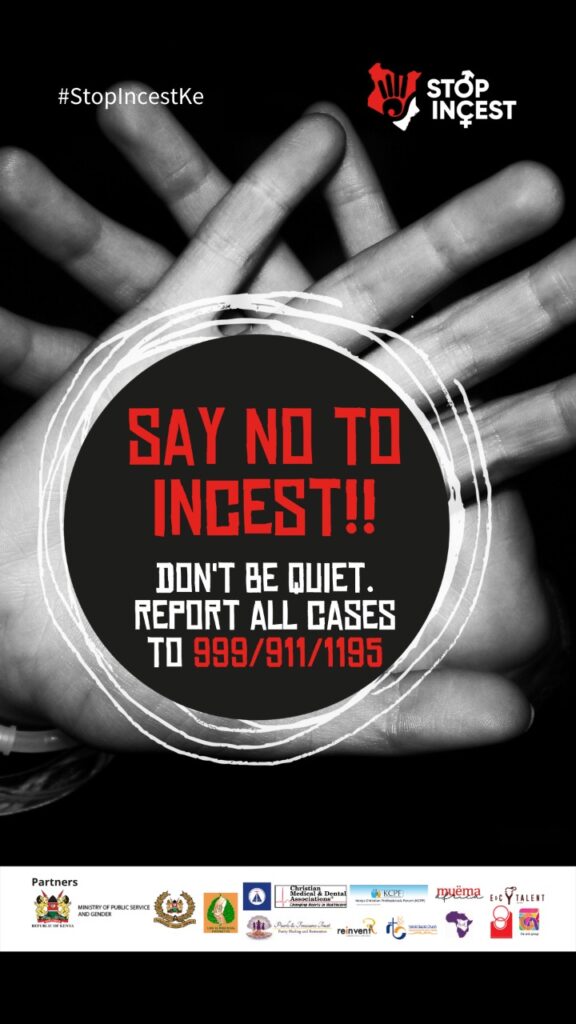Why strengthening protection structures may end SGBV
By Emma Kanana Mugaa
As the year, 2023 grows older, reports of suicides, homicide and murders across the country have dominated news platforms. For instance, Kisii region has been on the limelight over the deaths. The Law Society of Kenya, Nyanza Chapter, has raised concerns that murder cases are on the rise in the region, and called for more posts to the Kisii High Court, where only one judge is handling 92 cases as of January 10, 2023.
While all homicides and suicides cannot be linked to sexual and gender-based violence, a United Nations report points to higher rates among survivors for inability to cope with the ordeal or associated stigma and prejudices.
With reports of at least 45% of women or a woman they know experiencing some form of GBV, according to UN Women, two in five females feeling that SGBV in public places has worsened. On the other hand, out of about 81,000 women and girls killed in SGBV related situations globally, 56 per cent were perpetrated by intimate partners. There is also a close link between stigma, prejudice and judgmental attitude from the society, and suicidal or homicidal behaviors. GBV survivors are uncomfortable in absence of just ad supportive environment.
Women and girls at various phases of lives are disadvantaged by the many psychosocial, sexual, and reproductive health effects of SGBV. Other effects of GBV include greater gender inequality, physical and psychological injuries and trauma, disabilities and abnormalities, reproduction challenges, aggravated socioeconomic issues, among others. Realisation of women and girls’ human rights as well as equality, and stability remain under threat from violence against women. Without ending violence against women and girls, the Sustainable Development Goals (SDGs) commitment to leaving no one behind cannot be realised. While the establishment of 16 days of activism, where people globally raise awareness about the negative impact of gender-based violence, confront prejudice, and demand better policies, different actors must be resolute in decisions.
For instance, the Judiciary established a SGBV court in Shanzu, Mombasa County, in 2022. This was in line with a recommendation of the UN on good practices in expediting and delivering justice to survivors. More of these specialised courts need to be stablished across the country. While it is also notable that a number of police stations have stablished gender desks, training to strengthen the capacity of the police offers in this section remains key. In addition, civil society need to work with the other actors, including the community in creating and strengthening social protection structures for survivors as well as raising awareness through the various available structures.

